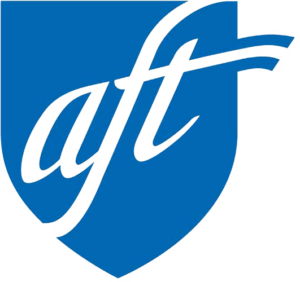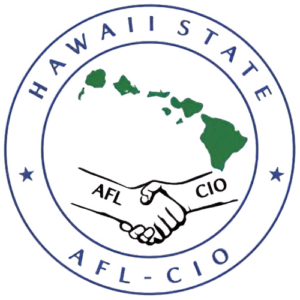A Sham of a Hearing (SB 3269 SD 1)
The Facts of What Really Happened We went through the recording of the SB3269 hearing and pulled out important soundbites you need to know. In UHPA’s opinion, this was an example of collusion at its finest and the epitome of a rigged hearing. There was unanimous written opposition to the bill. Its sole support came from former Board of Regents (BOR) member Jan Sullivan whose written testimony continues to remain elusive and invisible. We’ve extensively hyperlinked to relevant sections of the videotaped [...]



